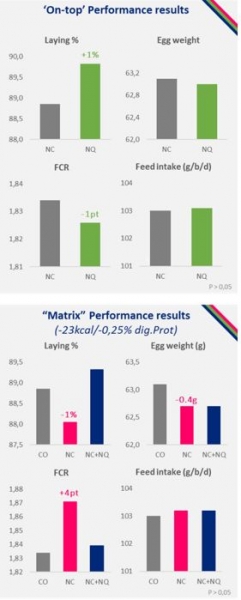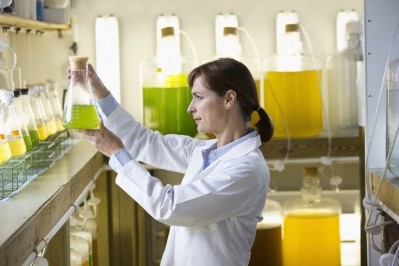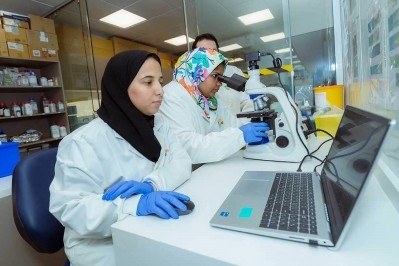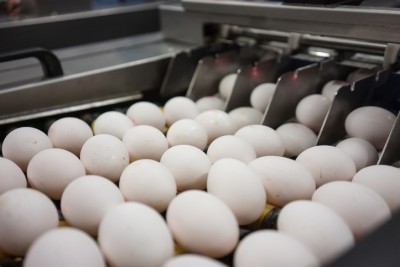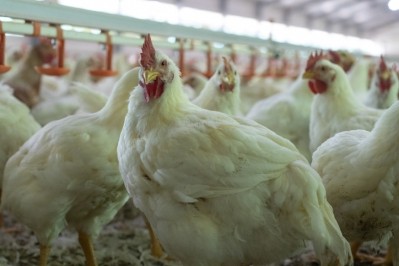Can plant and algae-based technology enhance laying hen production?
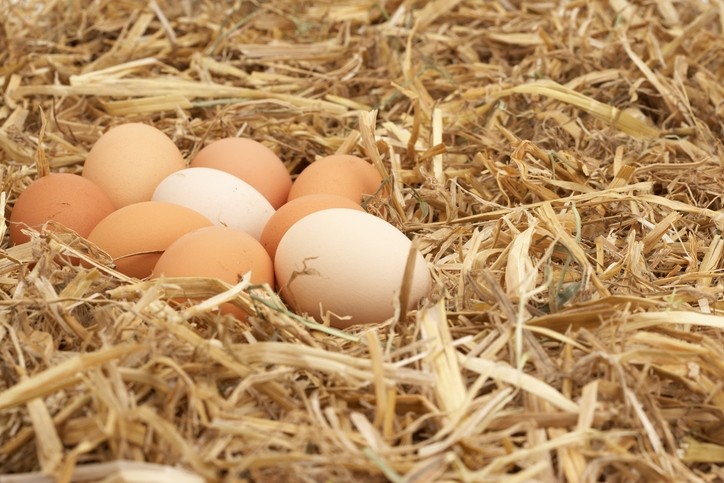
The company specializes in products developed through the microencapsulation of phytogenics and phycogenics, with a recently introduced product, NUQO NEX (NQ), incorporating metabolites sourced from plants and algae.
The egg industry faces challenges in optimizing nutrition and profitability, while concurrently ensuring bird health; sustainable practices, including effective waste management and environmental impact reduction, are imperative, outlined NUQO.
Strategic interventions involve formulating balanced diets incorporating alternative protein sources. Enzyme utilization, particularly phytase, is seen as one way to enhance nutrient absorption, while additives such as probiotics and seaweed extracts are also being explored for their potential to support gut health, noted the French company. Such approaches aim to address production challenges, align with consumer expectations for high-quality eggs, and foster sustainability in the industry, it added.
Laying hen trials
Ewenn Helary, CEO of NUQO, told us trials were conducted at institutions such as the University of Berlin, Germany and Kasetsart University, Thailand, to investigate the benefits of its NQ technology in laying hens.
According to the CEO, NUQO's microencapsulation technology overcomes weaknesses in other phytogenic based technologies by providing high concentration and stability. This, in turn, enables the effective delivery of active molecules in the gut, resulting in a significant improvement in digestive functions and gut health, he argued.
Studies conducted at the University of Berlin, he said, indicated that NQ improved the digestibility of nutrients and minerals, including crude fat, crude protein, starch, crude ash, calcium, and phosphorus. Compared to a negative control and other commercial products, NQ demonstrated superior results, said the feed additive supplier.
At Kasetsart University, under the guidance of Professor Yuwares, NQ technology applied ‘on top’ or using a ‘matrix value’ approach showed promising outcomes, reported NUQO.
In the first study, the technology, applied 'on top' at a rate of 75 pp m, improved laying percentage, feed conversion ratio (FCR), and return on investment (ROI), and NUQO noted consistent improvements in laying percentage, stable feed intake and egg mass, and an FCR improvement of 1 point, resulting in an ROI of 3.5:1 for the producer.
In a second experiment at Kasetsart University, applying NQ technology with a ‘matrix value’ of 75 ppm to a diet with reduced energy and protein content helped restore layer performance, surpassing the laying percentage of the initial control diet, said the supplier.
Market presence
Helary outlined how interest in NQ is particularly pronounced in regions where the company has a substantial commercial presence through its affiliates and distribution partners: Europe, Southeast Asia, and Latin America.
“There is also considerable interest in regions facing challenges from the rising costs of raw materials.”
